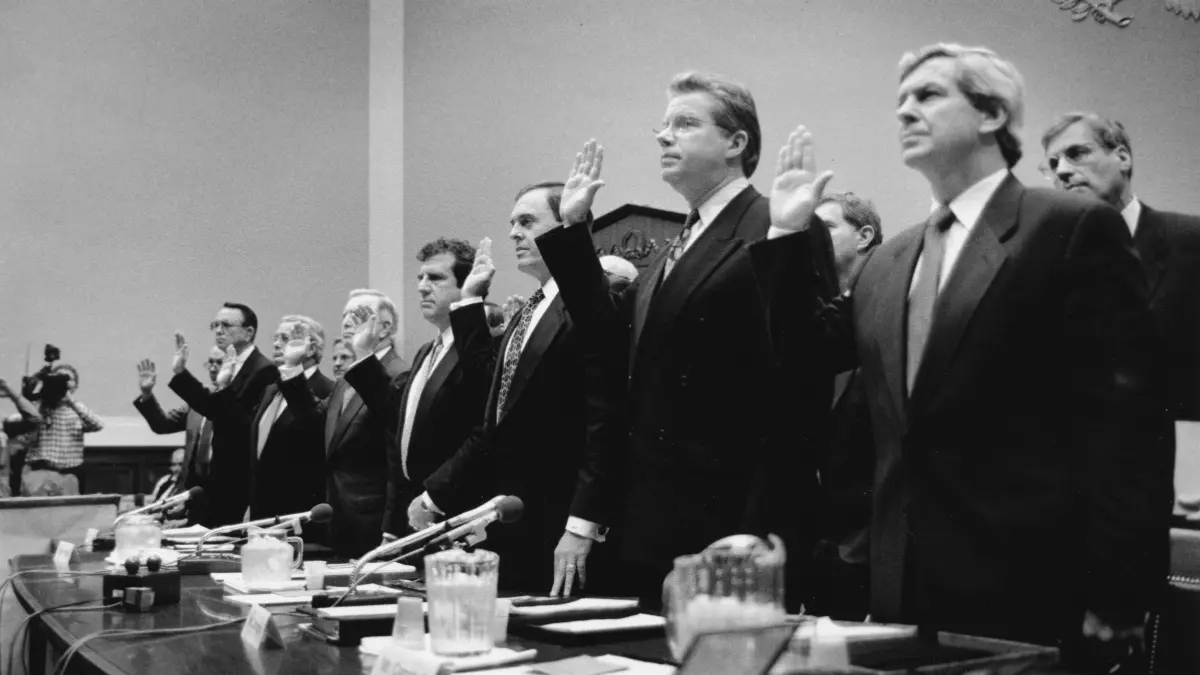- cross-posted to:
- [email protected]
- cross-posted to:
- [email protected]
With the looming presidential election, a United States Supreme Court majority that is hostile to civil rights, and a conservative effort to rollback AI safeguards, strong state privacy laws have never been more important.
But late last month, efforts to pass a federal comprehensive privacy law died in committee, leaving the future of privacy in the US unclear. Who that future serves largely rests on one crucial issue: the preemption of state law.
On one side, the biggest names in technology are trying to use their might to force Congress to override crucial state-level privacy laws that have protected people for years.
On the other side is the American Civil Liberties Union and 55 other organizations. We explained in our own letter to Congress how a federal bill that preempts state law would leave millions with fewer rights than they had before. It would also forbid state legislatures from passing stronger protections in the future, smothering progress for generations to come.
Preemption has long been the tech industry’s holy grail. But few know its history. It turns out, Big Tech is pulling straight from the toxic strategy that Big Tobacco used in the 1990s…



Use SHIT they can’t control. Use the fediverse. Use Monero. Use protonmail. Use all these things. Give them the middle finger.
On fedi almost all data public by default. Not much privacy here except pseudonym.
All social media is inherently privacy invasive because you are either voluntarily or unwittingly giving the social media data about yourself.
But only the data that is explicitly intended to be public. There’s no single entity installing invasive apps or logging your traffic through partner network sites.
Facebook had half the internet using your Facebook login as authentication at one point